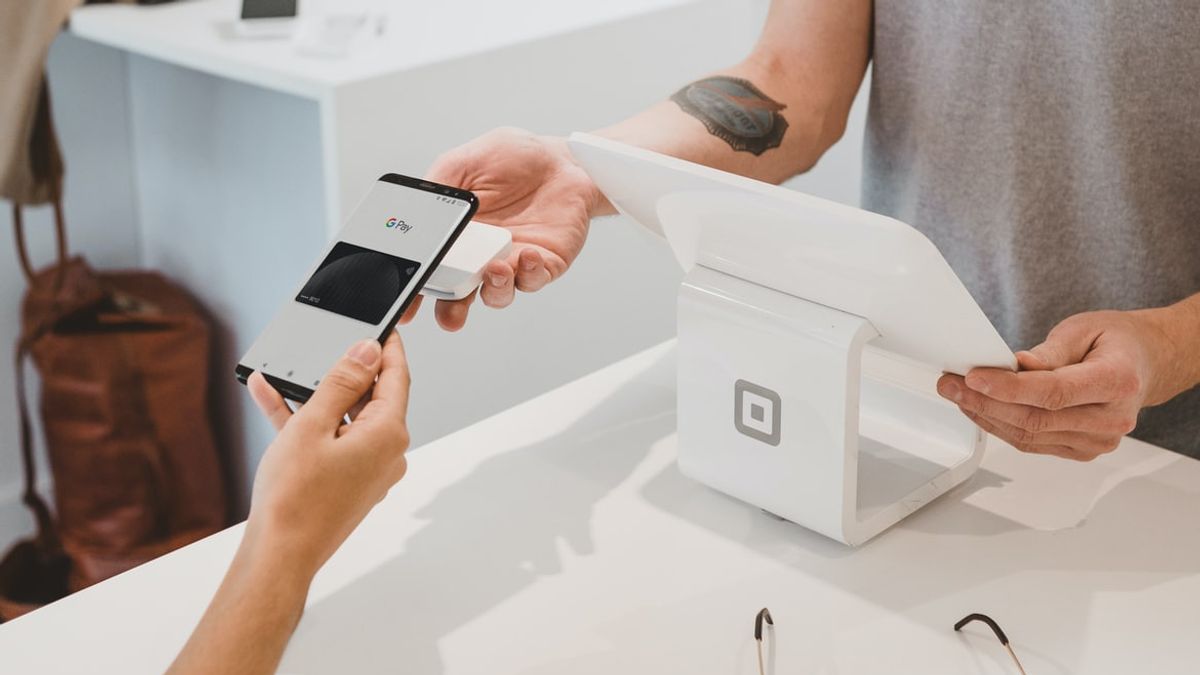JAKARTA - In a recent study by security firm Kaspersky entitled “Mapping a secure path for the future of digital payments in APAC”, it was proven that 90 percent of people in Asia Pacific rely on e-wallet and mobile banking for online payments.
In this study, Kaspersky studied the interaction of local users with online payments available in Asia Pacific. The company also observes their attitude towards this practicality. Later, it will be the key holder to understand the next factors whether the adoption of this technology is growing or declining.
One of its key findings showed that a large proportion of 90 percent of Asian respondents had used a mobile payment app at least once in the past 12 months, confirming the fintech boom in the region. Almost 2 out of 10 or as much as 15 percent of them just started using this platform after the pandemic.
The Philippines recorded the highest percentage of new electronic money (e-cash) adopters at 37 percent, followed by India 23 percent, Australia 15 percent, Vietnam 14 percent, Indonesia 13 percent, and Thailand 13 percent. While the lowest is China 5 percent, South Korea 9 percent, and Malaysia as much as 9 percent.
China has become a leading leader in mobile payments in Asia Pacific. Even before the pandemic era, its top local platforms, Alipay and WeChat Pay, had caused significant mass adoption and set an example for other Asian countries.
“Data from our latest research shows that cash is still king, at least for now, in Asia Pacific with 70 percent of respondents still using physical records for their day-to-day transactions. However, mobile payments and mobile banking applications are not far behind with 58 percent and 52 percent of users using the platform at least once a week to more than once a day for various purposes related to their finances,” said Chris Connell, Managing Director for Asia Pacific at Kaspersky. .
Connell added, from these statistics, Kaspersky can conclude that the pandemic has triggered more people to jump into the digital economy, which could completely reduce cash use in the region in the next three to five years.
Security and convenience are driving more users in Asia Pacific to embrace financial technology. More than half of survey respondents noted that they started using digital payment methods during the pandemic because it was more secure and convenient than making face-to-face transactions.
Respondents also mentioned that digital platforms allow them to make payments while adhering to social distancing rules, and that this is the only way they can conduct monetary transactions during the social lockdown period, with 45 percent of respondents agreeing to this.
For 29 percent of users, digital gateways are now more secure than in the pre-COVID-19 era and the same percentage also appreciate all forms of incentives and rewards offered by digital payment providers. Despite having a small percentage, friends and relatives around 23 percent still influence new users, and local governments contribute 18 percent in promoting the use of digital payment methods.
When asked about their preparation before using mobile banking and payment applications, the first time users admitted their concerns, 48 percent were afraid of losing money online and 41 percent were afraid to store financial data online. Nearly 4 out of 10 also expressed that they do not trust the security of this platform.
More than a quarter of aliases 24 percent also find the technology too inconvenient and requires a lot of passwords or questions, while another 25 percent say their personal devices are not secure enough.
To help users in Asia Pacific safely use digital payment technologies, Kaspersky experts recommend the following:
Be wary of fake communications, and be careful when handing over sensitive information. Use your own computer and internet connection when making online payments. Do not share your password, PIN number, or one-time password (OTP) with family or friends. Take advantage of reliable security solutions for comprehensive protection from various threats, such as Kaspersky Internet Security to help verify the authenticity of the websites of banks, payment systems and online shops you visit, and establish secure connections.The English, Chinese, Japanese, Arabic, and French versions are automatically generated by the AI. So there may still be inaccuracies in translating, please always see Indonesian as our main language. (system supported by DigitalSiber.id)













